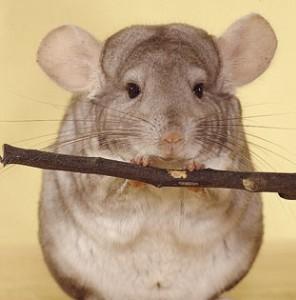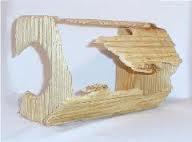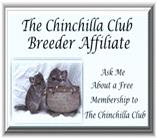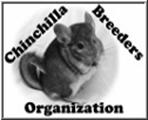
A chinchilla chewing on an
apple wood twig.
The following is a list of safe woods for chinchillas to chew on.
|
Apple Arbutus Ash Aspen Bamboo Black Berry Cholla Cottonwood Crabapple Dogwood Elm Grapvine Hawthorn Hazelnut |
Kiwi Magnolia Manzanita Mulberry Pear Pine (kiln dried or baked) Pecan Pine (kiln dried white) Poplar Quince Sequoia (Redwood) Sycamore Willow (but not white willow) |
 This is a picture of a wooden chinchilla house that has been chewed. It shows why all wood in a chinchilla’s cage should be made of chinchilla safe wood. Had this been made of unsafe wood, the chinchilla would probably suffer from digestive and other problems.
This is a picture of a wooden chinchilla house that has been chewed. It shows why all wood in a chinchilla’s cage should be made of chinchilla safe wood. Had this been made of unsafe wood, the chinchilla would probably suffer from digestive and other problems.
These are woods that should never be used around or given to chinchillas.
|
Almond Apricot Beech Birch Black locust Black lotus Blackwood Box Elder Buckthorn Cashew Cedar Cherry Chestnut China berry Chinese snake tree Chokeberry Citrus woods(orange, lemon, grapefruit, etc.) Cypress Ebony Elderberry Eucalyptus Fir Gingko Hemlock Honey locust Hydrangea |
Juniper Laurel Mahogany Mango Manufactured/glued woods (plywood, fiberboard) Maple Mesquite Myrtle Nectarine Oak Oleander Pine that hasn't been kiln dried Peach Pistachio Plum Prune Redwood Sandalwood Sequoia Spruce Teak Walnut Weeping fig White willow Yew |
Note: If a wood is not listed on the safe wood list or the dangerous wood list, assume it is not good for a chinchilla and do not offer it. Additionally, if it cannot be determined whether the wood has ever been sprayed, it should not be used.



 Site Last Updated on December 31, 1969 05:00 pm
Site Last Updated on December 31, 1969 05:00 pm